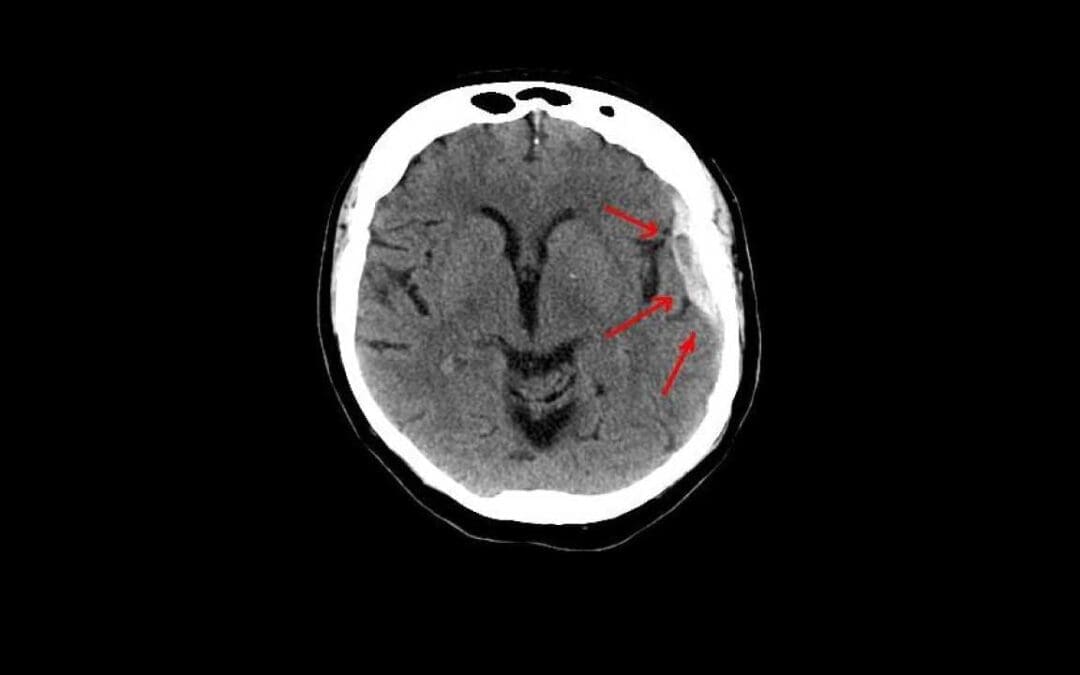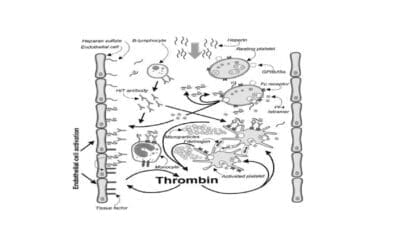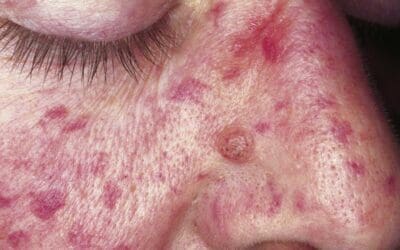Purpura: Purple skin spots from bleeding. Learn about causes (low platelets, vessels), and symptoms.
Petechiae
Petechiae: tiny red or purple spots on skin. Often harmless, but can signal underlying issues.
Ecchymoses
Ecchymoses, or bruises, are skin discolorations from blood leakage. Causes range from minor injury to underlying medical issues. Understanding them is key.

Bernard-Soulier Syndrome
Bernard-Soulier Syndrome (BSS) is a rare inherited bleeding disorder characterized by enlarged platelets, low platelet count, and defective platelet function, often presenting in infancy or early childhood.

Understanding Hematoma
A hematoma is a collection of blood outside vessels, often from injury. Symptoms include pain, swelling, and bruising. Diagnosis involves exams and imaging.

Purpura
Purpura: Purple skin spots from bleeding. Learn about causes (low platelets, vessels), and symptoms.
Heparin-Induced Thrombocytopenia
Heparin-induced thrombocytopenia (HIT) is a rare but serious reaction to heparin. It causes low platelet counts & raises clotting risk. Early diagnosis and stopping heparin are crucial.
Thrombophilia
Thrombophilia is an increased tendency to form blood clots. It can be inherited or acquired, raising the risk of DVT, PE, and other thrombotic events. Understanding its causes and management is crucial.
Catastrophic Antiphospholipid Syndrome
Catastrophic Antiphospholipid Syndrome (CAPS) is a rare, severe autoimmune disease causing rapid-onset, widespread blood clotting and multi-organ failure. Prompt diagnosis and aggressive treatment are crucial for survival.
Antiphospholipid Syndrome
Antiphospholipid syndrome (APS) is an autoimmune disorder that increases the risk of blood clots, pregnancy complications, and other health problems. Early diagnosis and management are crucial.
Hereditary Hemorrhagic Telangiectasia (HHT)
Hereditary Hemorrhagic Telangiectasia (HHT) is a rare genetic disorder causing abnormal blood vessels, leading to frequent nosebleeds and internal bleeding.
Ehlers-Danlos Syndrome (EDS)
Ehlers-Danlos Syndrome (EDS) is a genetic disorder characterized by joint hypermobility, skin elasticity, and often fragile tissues. It can cause pain, fatigue, and other complications.






